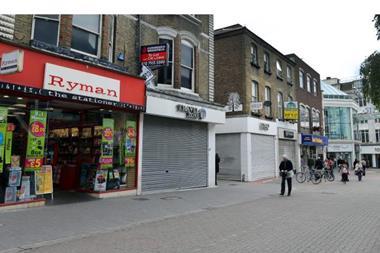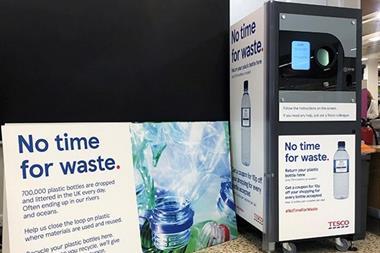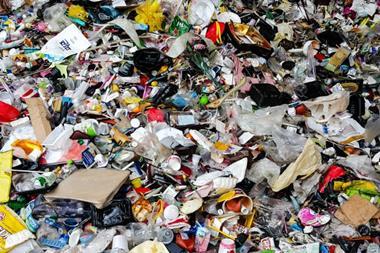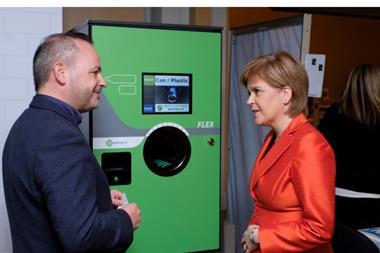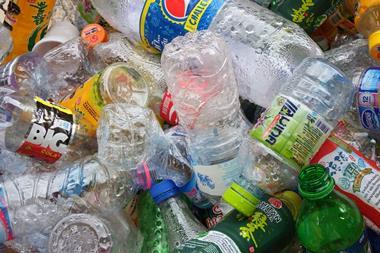Deposit Return Scheme will 'drive footfall' to small stores

Small stores would likely participate in a Deposit Return Scheme for used beverage containers in order to drive footfall, if they are legally exempt from the proposed UK system, according to experts citing overseas evidence.
In Lithuania small stores have signed up even though they are exempt, experts say
ALREADY HAVE A REGISTERED USER ACCOUNT? PLEASE LOG IN HERE
To read the full story join the ConvenienceStore.co.uk community today!
Registration is quick and easy and provides access to:
- Unlimited ConvenienceStore.co.uk articles
- Our great range of newsletters
- Content you’ve saved for later via the ‘my library’ feature
And much more…




















